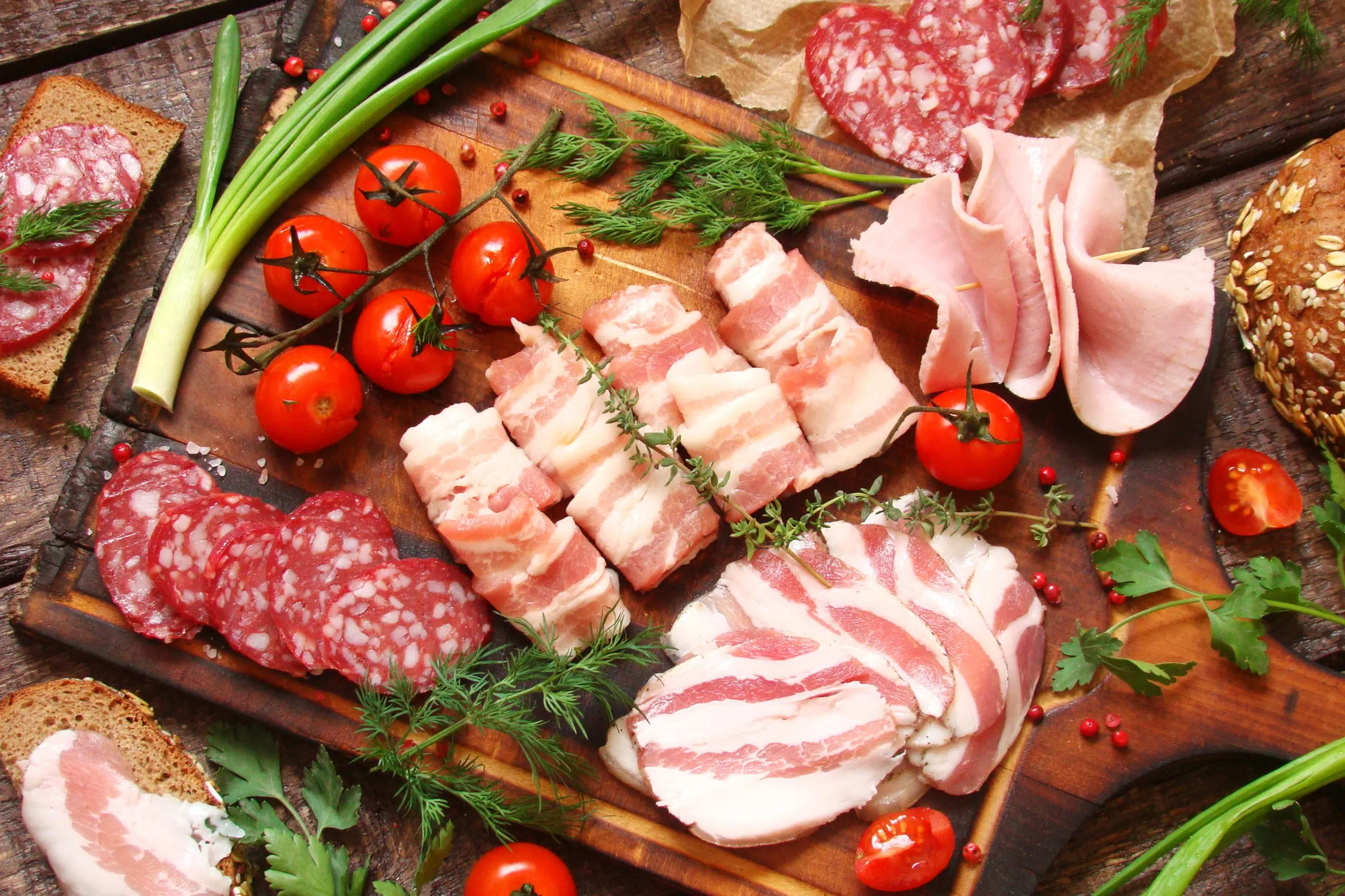
GINTA: Food was never meant to be this challenging to deal with
THERE’S BARELY A WEEK going by without another set of recommendations on the best foods to eat, best diets to lose weight, best way to exercise, and best ways to live our lives or raise our kids. The funny thing is, it’s a déjà vu with many of these.
Eat less sugar, exercise more, let your kids have free play during the day… many of us would remember our parents and grandparents telling us that. Sometimes we listened, sometimes we did not. That was then, and I dare say it is a loss to us all when our predecessors’ knowledge is not integrated in our present life but buried and forgotten.
I am not denying the scientific discoveries that advance our present knowledge. There are some truly amazing discoveries out there in the realm of health and nutrition, but in terms of everyday sustainable diets, I subscribe to what writer Michael Pollan said in his book The Omnivore’s Dilemma (Penguin Books, 2007): “Eat food, not too much. Mostly plants.” Almost impossible to contest.
Since the beginning of the year, less than a month ago, two food-concerning reports stood out: one about what to eat that is good for us humans and for the environment (yes, another one) and the other about how much food we waste in Canada. Again, ditto.


